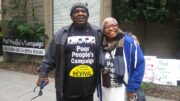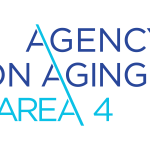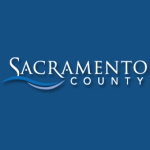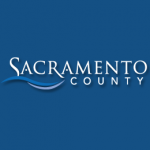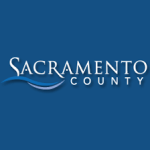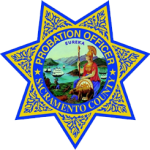Reparations can give Black communities the opportunity to thrive
For generations, Black and African Americans have faced discrimination and an uphill battle for basic civil liberties. This systemic inequality has resulted in families and communities with less wealth, less educational opportunities, over-representation in the criminal justice system and shorter life expectancy.
While the concept of reparations has been around since the end of the Civil War, efforts to realize reparations were more recently revived with the formation of California’s Task Force to Study and Develop Reparation Proposals for African Americans in 2020. It is the first state to make such moves.
“We want to acknowledge the harm that anti-Black policies designed to target Black Californians and that has prevented them from bettering themselves,” says Monita Porter, deputy director of the Fresno Metro Black Chamber of Commerce. “Reparations could really serve as a stimulus to Black communities, it could promote and incentivise innovation and creativity … it’s something that it’ll help folks not just continue to survive.”
“Reparations could really serve as a stimulus to Black communities, it could promote and incentivise innovation and creativity, … it’s something that it’ll help folks not just continue to survive.”
Monita Porter, Deputy Director, Fresno Metro Black Chamber of Commerce
What are reparations?
While cash payments are the most well-known, there are many elements to reparations, mainly pertaining to justice, voting, education, health, business and housing, and can include:
- Education investments
- Inclusion in school curriculum
- Identification and elimination of racial bias in standardized tests, assessments and professional career examinations
- Affordable and accessible health care
- Affordable housing and the elimination of anti-Black housing policies akin to redlining
- Law enforcement accountability
- Acknowledgments and apologies
“Reparations can exist as housing vouchers, it can exist as paying for education, reparations can exist as mental health assistance, it can come in so many different forms,” Porter says. “A lot of what reparations are is is taking account of the trauma that has happened and how generationally it has led to the outcome of the Black community.”
Misconceptions
In the Central Valley, reparations support is evenly split. Opponents decry it as unnecessary despite the fact that the effects of slavery still affect Americans.
“Even though slavery was abolished, there are still lingering negative effects that are embedded in multiple ways, whether we talk about legally, politically, economically, educationally, culturally, environmentally, the remnants of it still exists in policy, and there’s racist ideology that is embedded institutionally,” Porter says. “You know, we see it every day. The first step to fighting for racial equality is just that acknowledgment.”
As to matters of funding, proposed sources include recreational marijuana tax revenues, a private “superfund” from wealthy donors, or payments diverted from the state budget in installments.
How reparations can help communities as a whole
Ultimately, by providing Black Americans and families with more avenues to success, entire communities benefit, not just those receiving reparation payments.
“Reparations can lead to the development of new businesses, products, technologies and services that will benefit us all, not just those beneficiaries of those businesses, but the wider community,” Porter says. “It happened, let’s acknowledge it, and let’s move on. … And that acknowledgment is reparations.”
For more information on the Fresno Metro Black Chamber of Commerce programs, visit fmbcc.com or call 559-441-7929.




